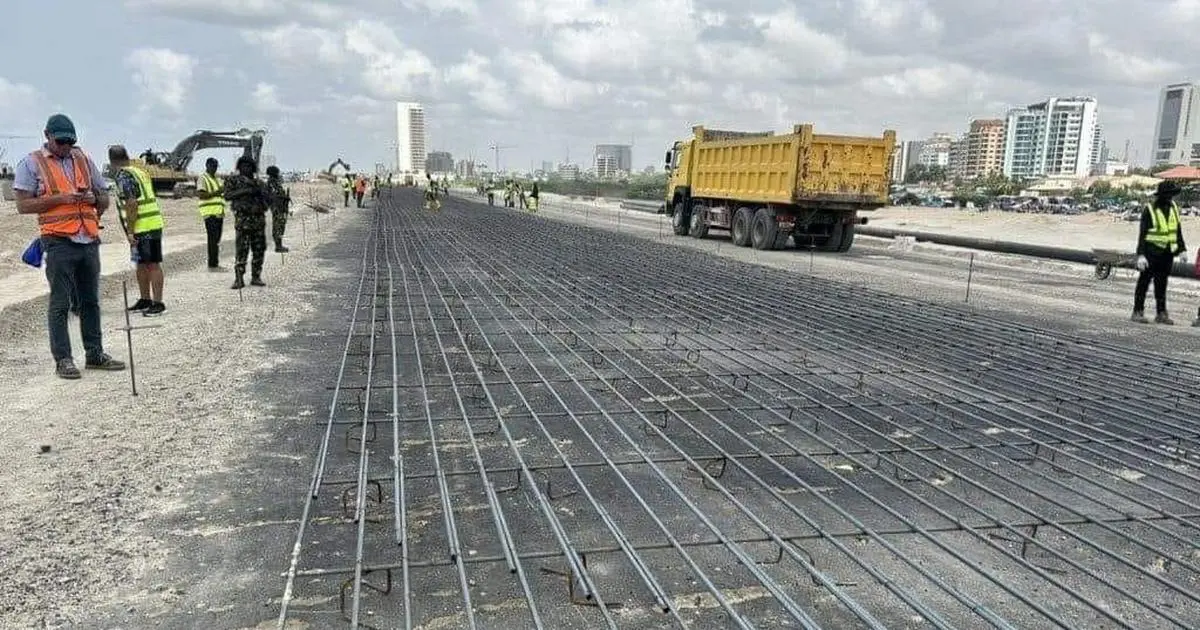30km for 750km? NEFGAD Slams Umahi’s Premature Lagos-Calabar Highway Commissioning Plan

By: Kamal Yalwa Abuja, Nigeria — June 2, 2025
The Network for the Actualisation of Social Growth and Viable Development (NEFGAD), a prominent public procurement advocacy group in Nigeria, has strongly criticised the Minister of Works, Engr. David Umahi, over plans to present a 30-kilometre stretch of the Lagos-Calabar Coastal Highway as a completed and commission-worthy project.
In a statement signed by its Country Head, Mr. Akingunola Omoniyi, NEFGAD expressed concern over what it described as an “attempt to politicise infrastructure delivery” by showcasing a small portion of a much larger project.
The 750-kilometre Lagos-Calabar Coastal Highway is designed as a transformative infrastructure corridor across Nigeria’s coastal region. However, NEFGAD noted that the segment being prepared for commissioning represents barely 4 per cent of the total project length, with the remainder still under construction.
“We caution against the politicization of infrastructure delivery and stress that project commissioning should reflect substantive completion and usability of the project in its entirety or at least a major functional section,” the group stated.
According to NEFGAD, such a move risks misleading the public, undermining trust in government communications, and creating a dangerous precedent where partially completed projects are prematurely declared as finished.
“The minister must be mindful of the kind of precedent this action sets. If left unchecked, this could normalize the commissioning of uncompleted or partially completed projects across the country—turning what should be moments of national progress into mere photo opportunities and political theatre,” the statement read.
NEFGAD further cautioned that President Bola Tinubu should not be pressured into commissioning unfinished projects, emphasising that governance is a continuum, and not all projects can or should be completed within a single administration.
“President Tinubu himself met projects initiated by previous administrations, completed and inaugurated them,” the group observed, adding that the focus should remain on transparency and accountability in public project delivery.
The statement concluded by urging the Ministry of Works to recommit to credible milestones, uphold project integrity, and ensure that future commissionings are based on actual, completed achievements rather than fragments presented as finished products.
One thought on “30km for 750km? NEFGAD Slams Umahi’s Premature Lagos-Calabar Highway Commissioning Plan”
Comments are closed.



1veh29